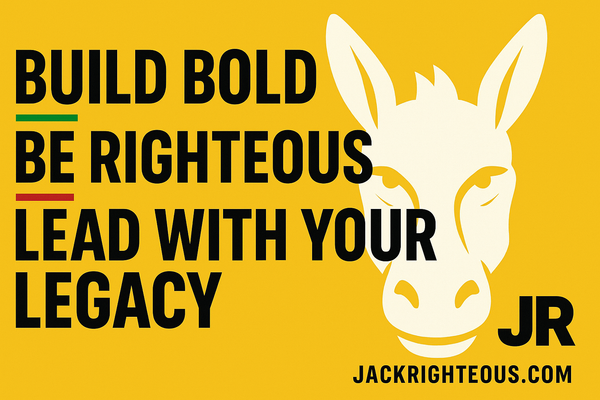AI Music Risks: Protect Your Work & Stay Legal
Gary WhittakerAre AI Music Platforms Putting You at Risk? What Creators Must Know
Protect Your Music, Brand, and Future in the Age of AI
AI music tools like Lalals and Mureka are raising serious legal concerns, with entertainment attorney Miss Krystle exposing potential risks in her latest investigation. As a creator navigating this AI-driven landscape, it’s crucial to understand what’s really at stake before you press “publish.”
The Growing Legal Storm Around AI Music
Platforms like Udio, Suno, and others have already been hit with lawsuits over training their AI models on copyrighted content. But newer platforms are pushing even further—offering voice cloning and music generation that could drag creators into legal trouble.
Miss Krystle’s latest video dives deep into two platforms—Lalals and Mureka—and reveals alarming red flags:
- Celebrity Voice Cloning: Lalals lets users create vocals that sound like major artists such as Drake, Taylor Swift, and Adele. But do they have permission? Probably not.
- Terms of Service Conflicts: Mureka offers music creation tools but buries non-commercial use clauses in their terms—potentially leaving creators confused or exposed.
- Publicity Rights Overreach: Both platforms raise concerns about granting platforms rights to your name, likeness, and music, often buried in the fine print.
These issues are not theoretical. Creators can and have been sued for using AI-generated music containing unauthorized content. Your name could be next if you aren’t careful.
Watch the full breakdown by Miss Krystle here:
Are These AI Music Companies Scams? | Top Music Attorney
My Take as a Creator Using AI Tools
While I’m not a lawyer, my 20+ years working with emerging technologies have taught me one thing: If it feels wrong, it probably is. The idea of cloning an artist’s voice without their consent just doesn’t sit right with me—and the courts are increasingly agreeing.
That’s why at JackRighteous.com, I’m focused on AI as a creative tool—not a shortcut to mimic someone else’s work. Every song, book, or product I release is built on my human input and storytelling.
If you’re using AI music platforms, be intentional:
- Know your tools. Don’t just click “accept” on the Terms of Service—read it all.
- Own your process. Keep a record of your human contributions, like my Human Contribution Record Checklist.
- Protect your brand. You’re building something long-term. Don’t let one reckless decision destroy it.
What Can You Do as a Creator?
Here’s how to safeguard your creative work while still embracing AI tools:
1. Understand the Terms
Always read the fine print:
- Does the platform claim ownership over your music?
- Are you permitted to release songs commercially?
- Are you giving up rights to your name, likeness, or content?
2. Document Your Creative Process
If you’re using AI tools like Suno, show your human input:
- Save drafts of your lyrics.
- Write blog posts about your inspiration.
- Keep notes on your creative decisions.
Download my free Human Contribution Record Checklist to simplify this process.
3. Build a Long-Term Platform
Your music is just one piece of your brand. Platforms like Shopify let you control your sales and fan relationships—without relying on third parties.
I built JackRighteous.com from scratch with Shopify, and I encourage every creator to take that step.
Start your journey with my Shopify affiliate link:
➡️ Build Your Store Today
Final Thought: Create with Integrity
AI tools can unlock new creative potential, but they are not a license to steal. Build something that represents you—your voice, your story, your brand.
That’s how you stay righteous—and stay protected.
Key Resources for You:
- Are These AI Music Companies Scams? – Watch Now
- Human Contribution Record Checklist – Free Download
- Launch Your Shopify Store – Start Here
